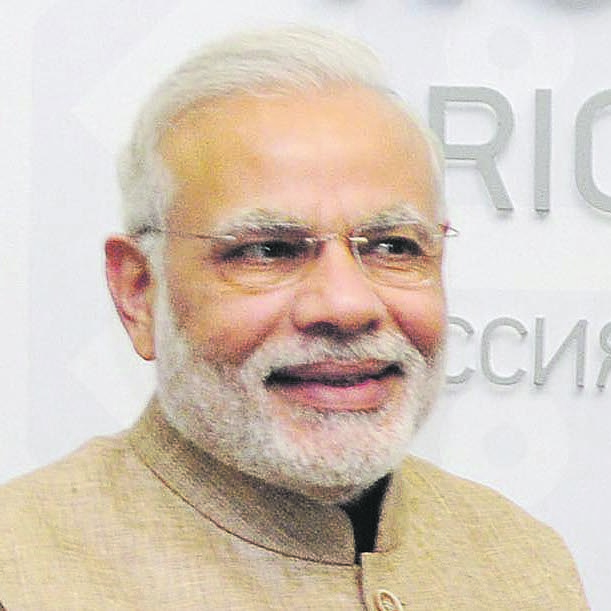
On July 8 and 9, the prime minister of India, Narendra Modi, will be visiting South Africa as the guest of President Jacob Zuma to strengthen economic, political and cultural ties.
Since South Africa’s first democratic elections in 1994, several high-ranking Indian leaders, including former prime minister Inder Kumar Gujral, late president Abdul Kalam, former president Pratibha Patil and Sonia Gandhi (president of the Indian National Congress), have visited our shores and received warm and fraternal receptions.
The employment of indentured Indian labourers in the late 19th century on sugarcane plantations in the former Natal province and their acceptance in later years as citizens of South Africa; Gandhi’s passive resistance campaigns against the treatment of Indians in Natal and the former Transvaal in the early 20th century; the formation of the Natal and Transvaal Indian congresses and their links with the Indian National Congress; and the religio-cultural bonds with the people of India provide some explanation for the close affinity between South Africa and India.
In later years, the ANC developed fraternal ties with the Indian National Congress. India was the first country to break diplomatic relations with apartheid South Africa. In more recent times, our country has partnered with India and Brazil and later joined Brazil, Russia, India and China to form Brics.
One would therefore expect that Modi’s visit to our country will be greeted with enthusiasm. One gets a sense, though, that a rapturous welcome might not materialise.
It could be that South Africans are still haunted by the ghosts of Gujarat. It may be that the shrill cries of the thousands who were killed, maimed, burnt and raped during the 2002 pogrom may still ring in our ears.
The deaths, injuries, mayhem and destruction of property that followed the fateful burning on February 27 2002 of the train in Godhra (Gujarat) will remain a bloody blot on India’s history.
The jury is still out as to whether or not the official organs of the Gujarat state were complicit in those attacks.
The undeniable truth, though, is that India’s governing elite cannot escape moral culpability for the gross violations of human rights and acts of genocide that occurred in those horrifying three weeks.
We have learnt from our own experiences that national healing and social harmony can only begin with an acknowledgment of the atrocities committed and the rendering of a sincere apology to the victims and survivors of atrocities.
Modi’s anticipated message of promoting economic growth and increasing bilateral trade ties between South Africa and India should be supported by us. At a time when unemployment and inequality persist, this is sorely needed.
There can be no denying that Indian expatriates working and trading in our country will be receptive to a “diaspora message” from their prime minister.
However, Indian South Africans who were born in our country have no aspirations to return to India.
As part of the oppressed in South Africa under apartheid, we had made common cause with fellow South Africans, particularly the African majority, in a joint struggle against race discrimination and for national self-determination led by the ANC.
Even today, we continue to make our contribution to building a democratic, nonracial, nonsexist and prosperous South Africa. We make bold statements to say that our destiny is inextricably linked to the majority of South Africans, and not with India.
Like Nelson Mandela and Ahmed Kathrada, India’s first prime minister, Jawaharlal Nehru, led the march against colonial domination and conquest; actively supported and built the Non-aligned Movement; advocated international peace and solidarity; and championed the cause of freedom and liberation of the oppressed.
These were progressive values that inspired millions across the globe, including oppressed South Africans living under apartheid.
His vision was of a secular India based on religio-cultural tolerance and coexistence; a humane and peaceful world order; the scientific development of newly independent, post-colonial states; and the betterment of the poor and oppressed.
The truth is that Nehru’s expansive, humanistic vision is at odds with an exclusivist ideology based on Hindu nationalism and an Indian state founded on a single, dominant religion.
Clearly, the latter is at odds with the secular nature of our democratic constitution.
Through our participation in the struggle for freedom and democracy in South Africa, we have come to accept that our destiny is tied to the future of fellow South Africans. Prime Minister Modi’s tryst with President Zuma, important as it may be, will not change the fact that we are South Africans.
Vadi is a board member of the Ahmed Kathrada Foundation and writes in his personal capacity




 Publications
Publications
 Partners
Partners








